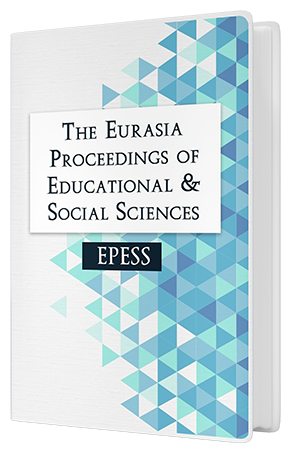The Role of Family Engagement in Students’ Science Learning in Qatari Schools
Keywords:
Science education, Parents’ role, School visits, CareersAbstract
A survey of 312 parents of grades 7-12 school students from 24 schools with a focus group meeting of 24 parents from 8 schools was conducted to explore the type and level of parent's involvement and support for their children science learing. The results reveal that Qatari school parents show little interaction with schools and teachers despite the facilities and programs offered by MEHE and schools. This low involvement is featured by: Low participation of parents in schools’ meeting and engagement in school activities that doesn’t exceed 20% of students’ population, weak communication link between parents and science teachers’ strategies of science teachers, low level of concern about students’ future high education and careers. From nearly 1200 from grades 7-12 surveyed students, about 45% of students say that the role of their parents is the most influential factor in their career aspiration compared to about 24% of the influence of teachers. Parents show medium level trust in science teachers, they indicate little help and support for children in their science learning, such as solving problems and assistance in assignments. The results also indicate few periodical talks and conversations about science subjects and activities between parents and children, low counselor guidance is offered by schools on future careers and science programs enrollment at higher education institutes. Very few parents (1%) use the e-learning portal offered by Ministry of education for follow up of their children schooling despite several messages and calls for training by schools’ administrations and the Ministry. Parents play important role in the decision of their children future high education and careers but few advise them to be scientist or have a technical –based career.Downloads
Published
Issue
Section
License
Copyright (c) 2018 The Eurasia Proceedings of Educational and Social Sciences

This work is licensed under a Creative Commons Attribution-NonCommercial-ShareAlike 4.0 International License.
The articles may be used for research, teaching, and private study purposes. Any substantial or systematic reproduction, redistribution, reselling, loan, sub-licensing, systematic supply, or distribution in any form to anyone is expressly forbidden. Authors alone are responsible for the contents of their articles. The journal owns the copyright of the articles. The publisher shall not be liable for any loss, actions, claims, proceedings, demand, or costs or damages whatsoever or howsoever caused arising directly or indirectly in connection with or arising out of the use of the research material. All authors are requested to disclose any actual or potential conflict of interest including any financial, personal or other relationships with other people or organizations regarding the submitted work.




